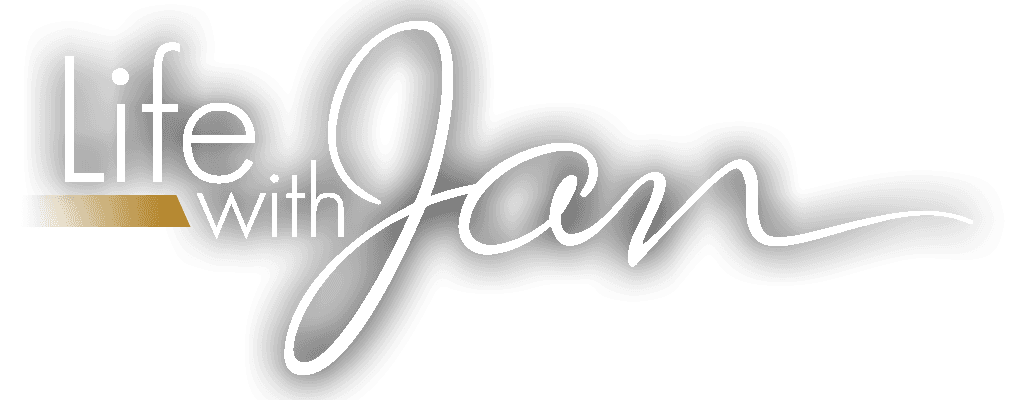Toxic Relationships: 2 Attitudes that Impede Personal Development
Posted: October 23, 2018
By: Janet A. Johnson

Toxic Relationships Impede Happiness and Personal Development
We are fast approaching a new year and many have vowed to move away from toxic relationships, whether it be with a partner or friend. Maintaining balanced, mutually beneficial relationships require patience. It also takes compromise and a high level of commitment. Often relationships suffer when troubling issues are allowed to fester and are simply brushed off as normal and expected. This leads to much stress and discomfort and can impede your happiness and personal development. To find a resolution to toxic relationships, you first need to identify the signs. There are many signs that you could be in a toxic relationship. However, this article addresses two key areas with links that point to other areas of concern. The words “relationship(s)” and “friend” are used broadly in this article, and imply intimate partner or friend of any type.
1. Being Overly Critical
Let’s be clear! Not all criticism is destructive. There is constructive criticism, which is healthy and works toward your personal development when embraced. However, there is also criticism that serves very little purpose except to demean you. Demeaning criticism is typical in toxic relationships. So how can you tell the difference? Constructive criticism aims to build you up and is normally delivered kindly. On the other hand, if your friend rarely has anything good to say about you or belittles you constantly, then this is a sure-fire warning sign that the relationship is toxic. The impact of words can be severely affective, especially when they are said in a harsh, negative way by someone you trust and love. This has a negative effect on your self-worth, image, and personal development.
Examples of Excessive Criticism/Belittling in Toxic Relationships
- Your friend finds a fault with almost everything you do. You are left with feelings of incompetence and worthlessness.
- Your friend speaks negatively about your personal attributes or insults your physical appearance regularly.
- Your friend compares you to others constantly and makes you feel like you are not good enough by comparison.
Addressing the Problem
Your approach to this issue will depend on whether or not you desire to continue with this relationship or purge yourself of it. If your friend is simply an overly critical person in general, this may not be something that can be corrected easily, especially if he or she is stubbornly resistant. A suggestion would be to encourage them to seek help for their own personal development. At the same time, the questions you should ask yourself are: “Am I willing to endure the constant tongue lashings at the expense of my feelings? Or is this something I can simply ignore and accept as inherently a part of him or her?”
- If you refuse to suffer this type of behavior and your friend is unwilling or believes he or she is unable to change, then making a clean break is best.
- If ignoring and accepting this behavior is the approach that you choose, then you will have to develop very “thick skin” and understand that this unwarranted criticism does not in any way reflect who you are as a person.
- If you believe that your friend is unaware of his or her overly critical nature or this is something that has recently emerged after a prolonged period of relations, discuss this together and attempt to find out the root cause of this behavior. If your friend is prepared to curb this habit and be honest with you about its genesis, then the relationship can progress on a more healthy footing. The most important thing in this scenario is that your friend is ready to correct this trait and validate you with kinder, more productive words.
2. Control and Coercion
Do you feel compelled to change who you are to please your friend? Keep in mind that some changes can be to your benefit, especially those that lower stress and anxiety levels, and improve our overall sense of wellbeing. However, if your friend makes you feel that you are not good enough and that you must change who you are completely to suit him or her, then this relationship is likely toxic. This can be quite damaging to your self-worth, image and personal development.
Examples of Control and Coercion in Toxic Relationships
- Your friend makes you uncomfortable with certain aspects of yourself like being introverted or friendly, your personal tastes, and your mannerisms.
- Your friend actively or passively encourages you to alter yourself to suit him.
Addressing the Problem
For your own personal development, it is always a good idea to do some self-evaluation. It is important to distinguish whether your friend actually wants you to change or if it is your perception of the situation that makes you believe he or she wishes you to alter yourself in any way. If it is a case of a faulty perception, this could indicate that you are insecure about certain personal traits. Perhaps you do think that there are things about yourself that can be improved, which can be achieved through further introspection, effort, and enough motivation.
- If your friend does demonstrate an attitude that suggests he wishes you would change certain aspects of yourself, then it is best that you discuss this issue together. If these changes are minor and perhaps beneficial to you both, then, by all means, consider them.
- If you are expected to make changes that will completely redefine who you are or impact you negatively, then perhaps you are both not compatible. However, if you are still willing to commit to the relationship despite this, then you both will have to compromise. Learning to accept each other’s flaws without creating an atmosphere of tension and discomfort will become necessary.
What Next?
Keep in mind that it takes much effort and energy to maintain any relationship that suffers criticism and control. This may also require the help of a third party. You may feel that it is worth the effort because of time already invested in the relationship or simply because of family ties. However, the focus should be on your own health, wellbeing, and personal development. Sometimes you just need to be kind to yourself by preserving your health and enjoying your very own balanced emotional, mental, and physical space. It may be time to simply move on!
Disclaimer
Any health advice issued by this site is not a substitute for medical treatment or diagnosis by a doctor. Recipes that suggest the ingestion of essential oils should be approached with caution. While essential oils are very beneficial when used topically or for their aromas, ingestion is typically not recommended. Life with Jan does not sell or promote the use of essential oils for consumption.Total Number of Posts in this Series: 2
Standard Comment Form
Not on Facebook? Leave your comment in our standard comment form.
Join the discussion!
You must be logged in to post a comment.

Janet A Johnson
Hi, I am Janet A Johnson a Management Consultant, Life Coach and Holistic Health Advocate. “Life with Jan” is dedicated to providing useful information and tips on how to navigate life's challenges and find ways to enjoy the best that life has to offer. We cannot always control what happens from day to day; no matter how we plan things, the unexpected can happen. Many of us know and accept this as a reality but we don't apply this mindset to our journey through life. Yet, how we navigate through the ebbs and flow, the potholes and highways, the valley and mountain experiences is an important determination of our overall well being. By embracing life's journey as an adventure we are better able to see each phase as an opportunity to learn something new and grow.
“Make the Journey an Adventure!”Trending Now
Health and Wellness Starting Your Wellness Journey: Steps and… Personal Development Understanding Holistic Coaching: A Comprehensive… Personal Development The Importance of Emotional Health in Today&… Personal Development The Power of Emotional Awareness in Achieving… Health and Wellness How Your Sleep Habits Today Might Be Shaping… Natural Remedies The #1 Thing I’ve Learned About Mullein:… Natural Remedies Mullein Herb: The Unsung Hero of Herbal Medicine
We're In Your Corner
- Business Management
- Project Management
- Change Management
- Business Coaching













Facebook Comments